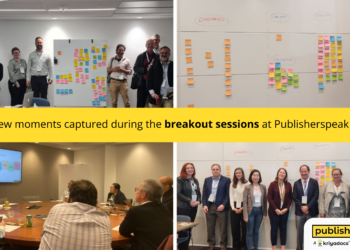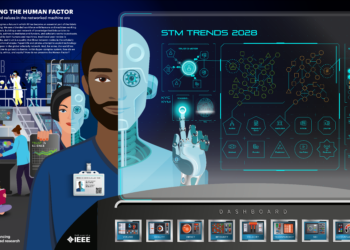
- Image by Getty Images via Daylife
Rex Hammock has an interesting post about “digital natives” and the idea that younger people possess capabilities with digital technologies that their older counterparts can’t quite match.
This comports with a discussion I had recently with a friend about how younger people in her organization seem reluctant to mess with technology because they don’t see computers, cell phones, and social software as technology but as appliances and utilities. So, just as older people might be reluctant to take apart a refrigerator, younger people are helpless when their information utilities and appliances break down. Even rebooting a computer sometimes seems to be a basic troubleshooting skill they don’t always see as natural.
This type of behavior is nicely summed up by Hammock:
I believe so-called digital natives are becoming what I’ve termed “neo-traditionalists” as they are comfortably entrenching themselves into a set of digital tools and patterns — and are as reluctant as people of any age to break free from their comfort zone.
The illusion that youth equates to alien skills or abilities has led to some very strange behavior at otherwise laudable information providers. And I think it obscures the real message about these “neo-traditionalists” — younger people are shifting their behaviors and preferences, which is a market opportunity, not a skills indicator.
Digital immigrants may have advantages in addressing these opportunities — they know other ways to do the same things, so the new technologies are more abstract to a helpful degree; digital immigrants have experienced numerous analogs over the years, so they have a metaphorical framework that helps as well; and they have more experience, motivation, and infrastructure to leverage in order to address the market opportunities.
Digital natives are a new market with new preferences, not a proxy for a set of cybernetic beings with opaque technology skills. In fact, people who see the technologies as tools, are willing to take them apart and mix them up, and have the business and market savvy to create new value may have real advantages over the natives.
![Reblog this post [with Zemanta]](http://img.zemanta.com/reblog_e.png?x-id=6c40c5b0-8632-47eb-bb1c-e54b8b69e029)


